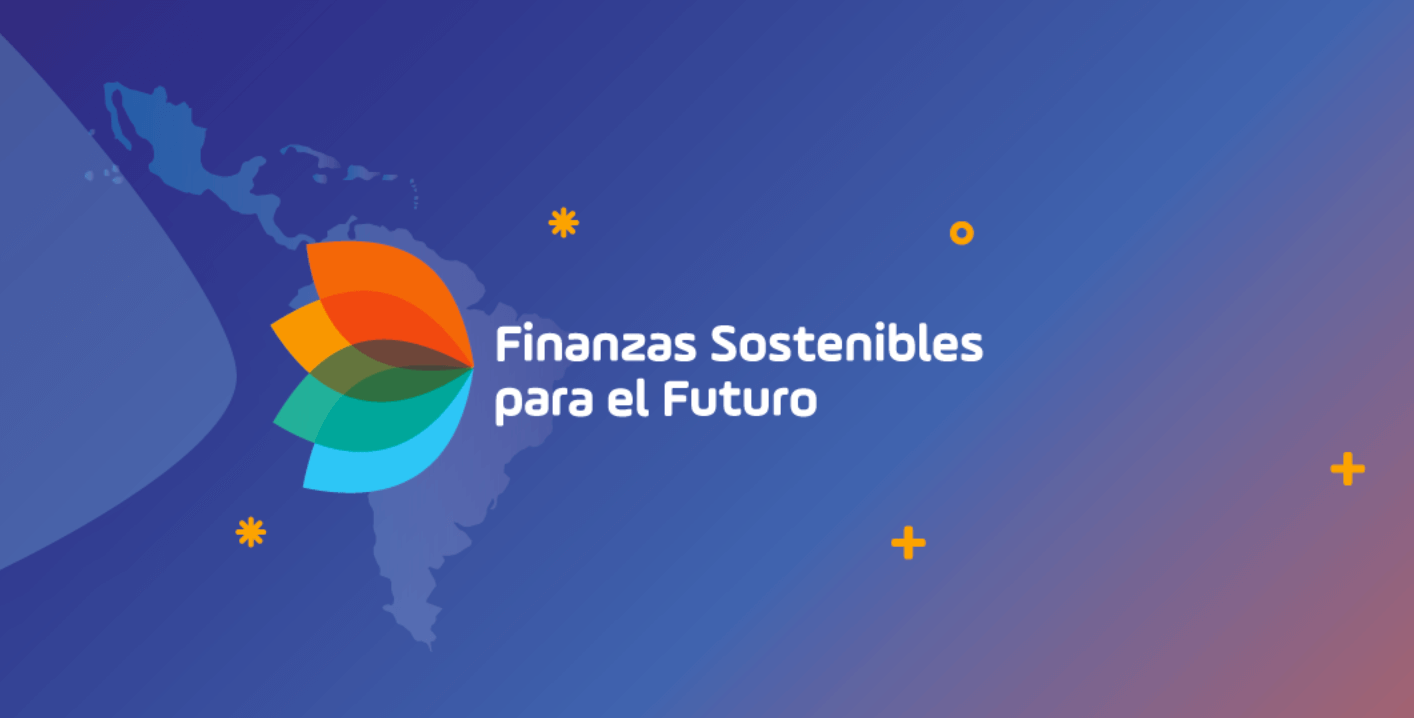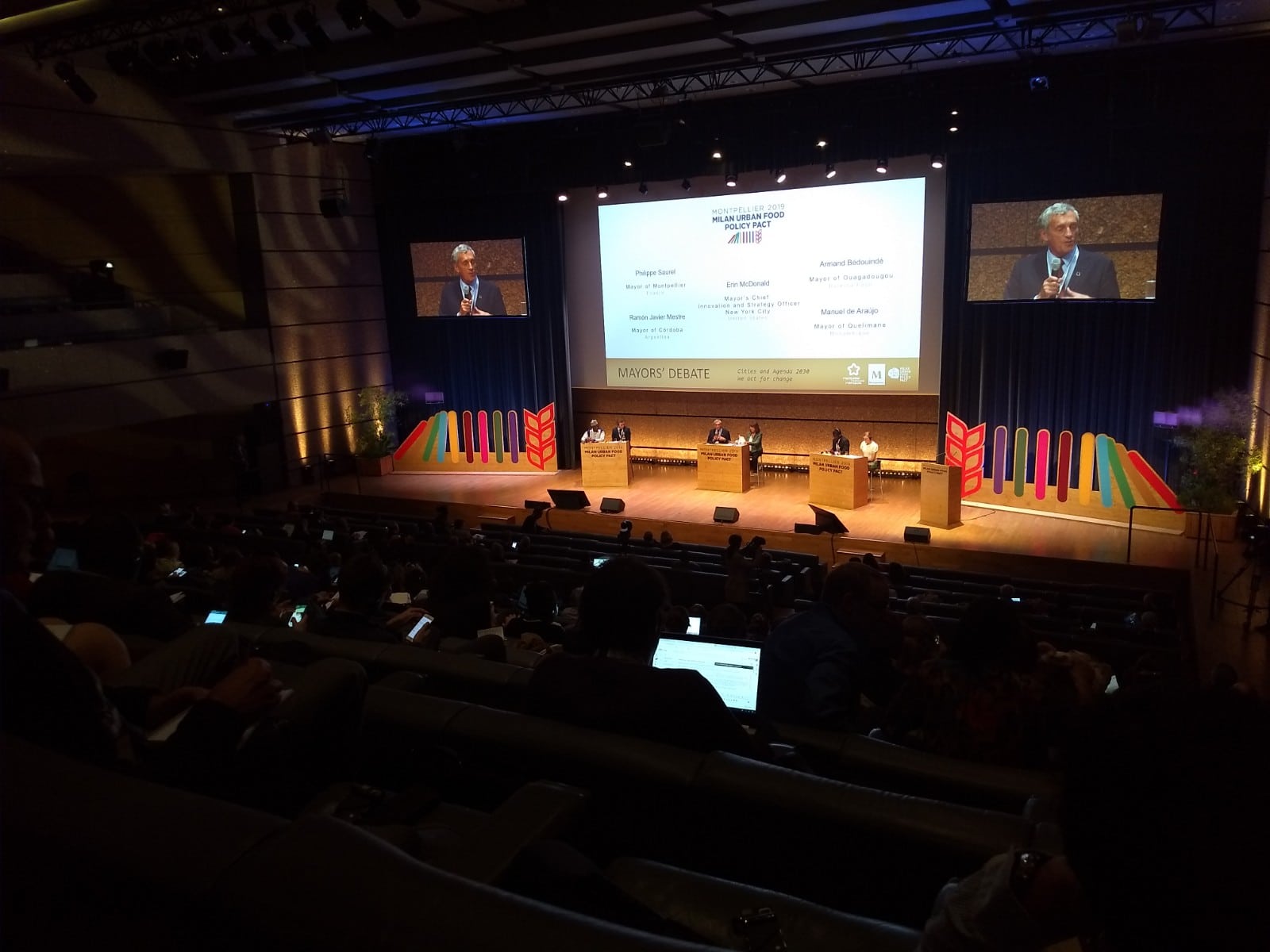
El desperdicio de alimentos, un problema global que podemos ayudar a mitigar
La pérdida y desperdicio de alimentos son problemas que no debieran en nuestra sociedad. En el mundo producimos más que suficientes alimentos para alimentar a todos sus habitantes, sin embargo al mismo tiempo casi mil millones de personas pasan hambre.
Hasta un tercio de todos los alimentos se estropea o desperdicia antes de ser consumido por las personas. De acuerdo a la FAO, recuperar tan sólo la mitad de lo que se pierde podría bastar para alimentar al planeta.
Los alimentos son desperdiciados en diferentes etapas de la cadena de suministro de alimentos, desde las manzanas consideradas ‘muy feas’ para ser vendidas, hasta ese pan con hongos que está en tu nevera.
Para reducir el desperdicio de alimentos, debemos enfocarnos en varias etapas: recolección, almacenamiento, embalaje, transporte, infraestructura, a los mecanismos de mercado/precios, así como a los marcos institucionales y legales.
AtEdible ayudará a reducir el desperdicio de alimentos, mediante la entrega oportuna de información a los productores, para que sepan de antemano qué y cuánto cosechar. Como productores y consumidores estarán directamente ligados, el uso de almacenaje, transporte y embalaje será significativamente reducido.
Ayúdanos a hacer AtEdible una realidad y a disminuir la pérdida y desperdicio de alimentos.
Las pérdidas de alimentos no sólo representan un desperdicio de comida, sino que además de los recursos e insumos utilizados en la producción, como tierra, agua y energía, incrementando inútilmente las emisiones de gases de efecto invernadero.




Un Comentario
Thomas Edward King
The commercial agricultural system has changed drastically over the last 100 odd years and arguably not nearly for the best. The sheer volume of modified food entering the marketplace is incredibly alarming. A large percentage of over processed low quality food now dominates our store aisles and it is questionable if many of these items merit the title of being labelled as food at all. The point I wish to make is that unless consumers act, change will not eventuate. We all need to really start taking the issue of where food comes from a heck of a lot more seriously than we are doing at present. Big corps don’t give an iota of concern about you and your well being. They are out to sell goods and suck your wallet dry. These same food giants disturbingly are the big conglomerate bullies that put a SH*T load of salt, sugar and fat in our diet because it is cheap, fast and easy. Health inducing food? I think not! Inevitably, knowing what’s going into food is knowing what the hell is eventually going into you. Who would seriously want to play a game of Russian roulette with their health? If you don’t care or you believe in taking the blind faith approach, take a moment to pause and reflect. In the long term, you may sadly end up spending more on your health than you might have previously realised as a consequence of your indifference to considering the risks attached to consuming large quantities of modified foods over the course of your potentially very short life span. Frightened yet? Well, you should be, at least a little. Food may be cheaper than it has ever historically been in the West you may argue however we’re not any healthier from eating this cheap, over-processed, packaged trash. Next time you go to the shops, ask yourselves, what is actually worthy of a ‘food’ label? Sadly, there is a a greal deal of naivety when it comes to the matter. Knowing where your food comes from will enable you to appreciate the food chain and your relationship with the goods you are buying bridging the gap from production to consumption. It seems this gap has grown extensively vast in recent times. Having this connection will enable one to develop a healthy relationship with food while also allowing people to appreciate and respect that food is not indispensible (nor should it be wasted). It allows for the understanding of how vegetables are grown, how herds are raised, or how crops are produced emphasising the idea that eating shouldn’t be a fast, mindless action but rather an experience which satisfies the developmental needs of our body. Improving the relationship people have with food can in turn improve the way people care about their environment and their society.You will find in the West (in my case New Zealand, similar to the USA in many respects when it comes to food, obesity and food issues) that many governments, ironically, are subsidising UNHEALTHY (fabricated) foods over fresh/organic food. WHAAAT? Unfortunately, the nutritionally good stuff and the people who grow it are unlikely to appear on our television commercials to regularly remind us of these items. People need to be proactive, yes, and they need to think from outside of the box (or The Box!!) and beyond all the junk which they see advertised in the media (you know the CR*P I’m talking about). Yet, governments exist to serve the people and citizens need to remind their state officials of this fact. An individual making a positive change is a great place to start. That a community rises behind them is a victory for all of mankind.